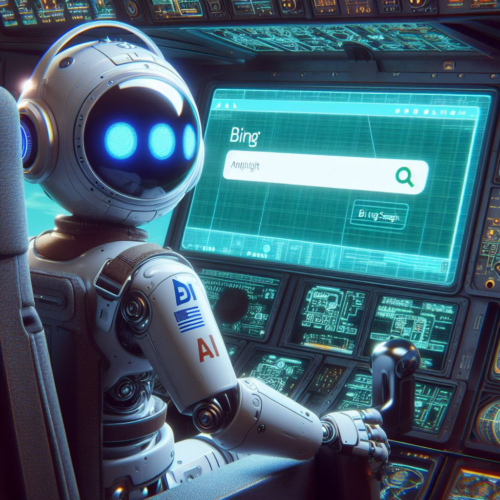The early days of the web were like a vast, uncharted frontier—a digital Wild West where anyone could stake their claim and express themselves freely. It was a time of boundless creativity, where personal websites, blogs, and forums flourished. Here’s what changed:
- Pioneering Spirit:
- In the beginning, the web was a place of exploration. Individuals carved out their digital niches, sharing thoughts, art, and ideas without fear of censorship or judgment.
- Personal websites were like virtual diaries, open to the world. People reveled in the freedom to express their passions, whether it was writing, photography, or quirky hobbies.
- Rise of Social Media:
- The advent of social media platforms shifted the landscape. Sites like Facebook, Twitter, and Instagram became dominant.
- While they provided new ways to connect, they also introduced algorithms, content moderation, and echo chambers. The focus shifted from personal expression to curated snippets of life.
- Algorithmic Filters and Echo Chambers:
- Algorithms began shaping our online experiences. They filtered content based on our preferences, reinforcing existing beliefs and limiting exposure to diverse viewpoints.
- Echo chambers formed, where people interacted primarily with like-minded individuals. This reduced the serendipity of stumbling upon new ideas.
- Monetization and Corporate Control:
- The web’s commercialization led to corporate dominance. Platforms prioritized profit over free expression.
- Advertisers influenced content, and privacy concerns emerged. User-generated content became a commodity.
- Trolls, Hate Speech, and Toxicity:
- As the web expanded, so did its darker side. Trolls, hate speech, and cyberbullying proliferated.
- Moderation became necessary, but it often led to overreach, stifling legitimate discourse.
- Government Surveillance and Privacy Concerns:
- Revelations about mass surveillance by intelligence agencies raised alarms. Privacy eroded, and trust waned.
- Fear of repercussions led some to self-censor, dampening the spirit of free expression.
- Legal and Cultural Shifts:
- Laws around online speech evolved. Defamation, hate speech, and copyright infringement became battlegrounds.
- Cultural norms shifted, affecting what was deemed acceptable or offensive.
- Gatekeepers and Centralization:
- The web’s decentralization gave way to centralized platforms. Gatekeepers controlled access, deciding what content thrived.
- Independent websites struggled against giants like Google and Facebook.
- Fear of Backlash and Cancel Culture:
- Fear of backlash or being “canceled” led many to tread cautiously. Controversial opinions risked professional and social consequences.
- Authenticity sometimes took a backseat to conformity.
- Nostalgia and Yearning for Simplicity:
- Some long for the early web’s simplicity—a return to personal websites, raw creativity, and genuine connections.
- The dream of reclaiming that unfettered freedom persists, even as we navigate the complexities of today’s digital landscape.
In this ever-evolving digital realm, the tension between expression and responsibility continues. We adapt, seeking pockets of authenticity amidst the noise. 🌐✨

